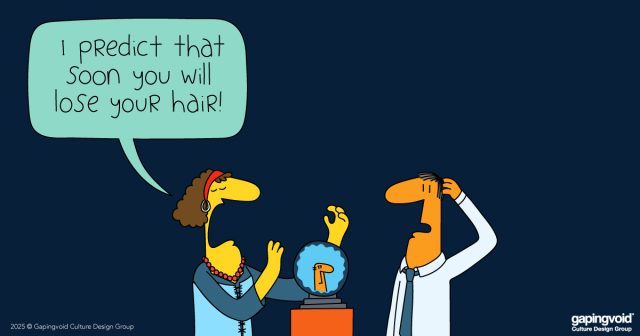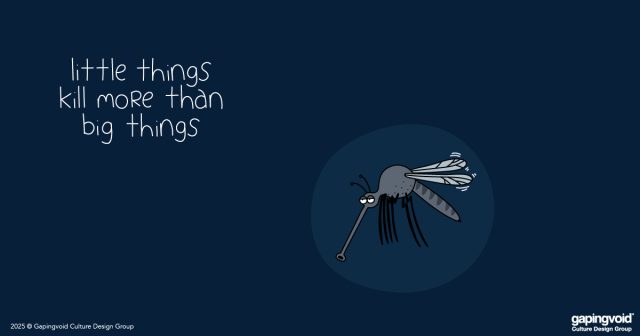
If, like Boeing, you’ve had a recent series of PR disasters due to internal oversights, what do you do? You decide to tweak your incentives policy. In the case of Boeing away from “financials,” towards “safety and quality” goals.
But does that actually work? Is it actually addressing the problem, or just offering a Band-Aid solution?
After all, we humans do things all the time without worrying if the price is right.
In any old college psychology textbook, you’ll read about “intrinsic” and “extrinsic” motivations – doing things for their own sake versus doing things for the sake of some external reward.
What’s less well known is that A) intrinsic incentives are often more powerful, and B) loading up a task with extrinsic incentives can actually crowd out intrinsic motives for that task.
We volunteer to be the referee for our kid’s middle school soccer game. We agree to help a friend move their furniture to their new house. We offer our advice to a young college graduate who wants to start their career in our industry. We give blood. And if we see a mother carrying eight grocery bags and struggling to get her stroller through a door, we hold the door for her without haggling over a price.
We do these things and many others, not because of commerce, but because they are the right thing to do. Because that’s reason enough. Start doing these things for money, and suddenly you’re no longer helping out a friend, you’re casual labor.
Is quality assurance any different?
In reality, you don’t change behaviors by telling people what to do or what not to do, i.e. “Because I said so.” You change behaviors by telling different stories about those behaviors, i.e. “People like us do things like this.” And when it comes to quality assurance, a narrative about why this matters to our stakeholders and to ourselves might be more effective.
Even if Boeing’s motivations are well-intentioned, here’s the question nobody is asking: is altering the incentive structures from financial to safety actually addressing the real problem? Will such measures improve the culture, let alone fix it? Will these new incentives make working there a less allegedly toxic experience for everyone involved? Will the people most responsible for creating said alleged toxicity be held accountable, or will it still be business-as-usual? What’s actually going to change at the human level, not just at the operational level?
Non-human solutions can only fix human problems so much.



